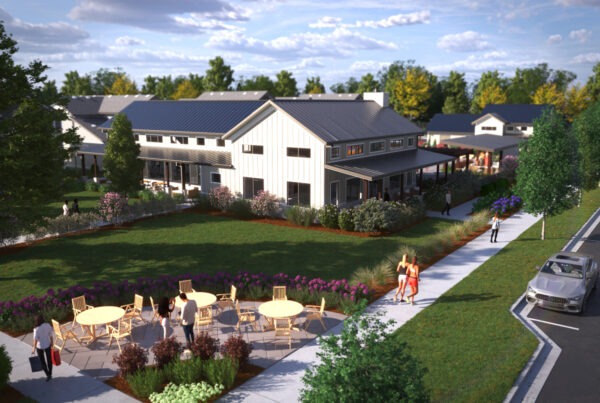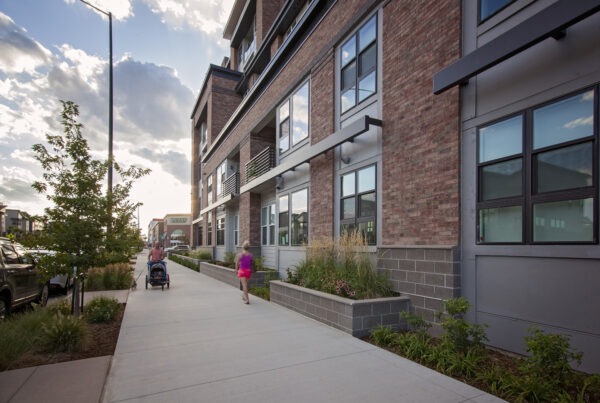On the heels of 2020, we’ve been left in the perfect storm – a peaked interest in home building leading to rising demand for lumber and a material supply chain that is still plagued with challenges. This has created a dramatic surge in lumber pricing, leading to record construction price increases and making headlines across the country.
To find out what developers should anticipate and for advice on navigating today’s challenging market successfully, we turned to the trusted industry experts we frequently work with. Gabe Godwin, President of CSI Construction, Robin Choate, Client Development Manager with Alliance Construction, and Ian Braciszewski, Director of Pre-Construction with MPC shared their thoughts about the climate of the current market, when they expect to see lumber prices drop, and how to proceed in the meantime.
The good news is that lumber prices are thought to have reached their peak. They are already beginning to decline and are expected to continue to do so throughout 2021 and into 2022. Though material costs have risen dramatically this year, for many, the cost increase can be absorbed by rising rents and ultimately still allow proformas to work.
Both Gabe and Robin suggested pricing out metal framing options as an alternative to wood-frame construction, particularly for 5-story Type III buildings. Though the cost of metal has also increased, metal lends itself to a better overall product and, for the time being, is a surprisingly comparable option for this construction type. Metal framing also holds other long-term value, like a quicker build schedule and lower insurance costs. Ian offered a different perspective, calling attention to the added cost of having to rework structural and architectural drawings when switching from wood to metal. He added that material cost is fluctuating significantly depending on the construction type. For example, bulk material for Type V construction is coming down much more quickly in cost than materials for Type III construction. Our takeaway? It’s important to weigh all options to determine the best path to success for your project.
Developers should also be prepared to make decisions quickly after bidding a project to subcontractors. Price holds are short, and subcontractors are also experiencing challenges from the supply chain, so they are likely estimating high on their pricing to protect themselves. Depending on the project, Alliance and MPC suggest locking in most commodities now, but holding on lumber for a few months for prices to fall.
As you move forward and determine what is in the best interest of your project, bear these final takeaways in mind:
Alliance Construction – Work with your design team and GC to get an efficient design and solid set of drawings that includes any VE when sending it out to bid so decisions can be made quickly.
CSI Construction – If you can wait a bit, wait. The supply chain is improving and things are looking up but you’ll likely benefit from a cost perspective if you can hold off.
MPC – It takes the right team to help you navigate this market and still push deals forward. Make sure to choose a team who will align their goals with yours.
As we continue to learn more about navigating today’s market, we will continue to share those findings with you. If we can answer any additional questions for you about lumber pricing, please reach out to KEPHART at 303-832-4474 or our partners, below.
Robin Choate, Alliance Construction – Rlchoate@allianceconstruction.com
Gabe Godwin, CSI Construction – GGodwin@csigc.com
Ian Braciszewski, MPC – Ibraciszewski@mpconstruct.com






